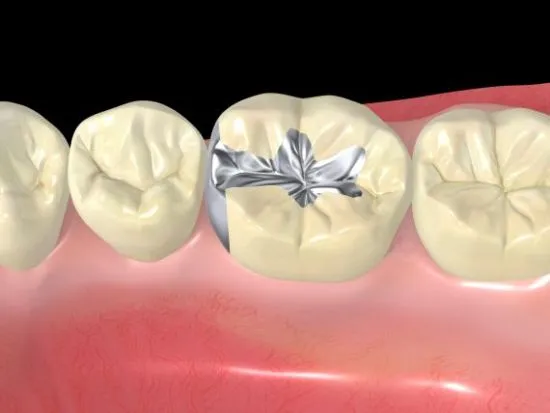Dental Sealants
Sealants are a thin, plastic coating that is painted on the chewing surfaces of teeth, usually the back teeth (molars), that a Dental Office uses to prevent tooth decay. The painted on liquid sealant quickly bonds into the depressions and groves of the teeth, forming a protective shield over the enamel of the tooth.
Dental sealants are intended for young children as soon as their first teeth come in. Decay is most common in the molars, so taking your child to dentist’s office for sealants right when you see the molars grow in gives your child the best chance to fight tooth decay. A child’s first set of permanent molars grow in between ages five and seven, while the second permanent molars come in between 11 and 14 years of age. A sealant creates a smoother tooth surface, one that’s easier to clean and therefore more resistant to the formation of decay.
How long do sealants last?
It’s difficult to say how long a sealant will last. Diet, oral habits and oral hygiene are huge factor determining factors. Expect to have a dentist check the sealant at every visit to the office. They will look at the sealant and determine if it needs to be replaced. Sealants need to be checked for chipping or wear.
Procedure
By bonding dental sealant into the grooves of a tooth, a dentist can make a tooth’s surface smoother. As a result, there are no longer any locations where the bristles of a toothbrush can’t reach and clean. The tooth is now at less risk for developing a cavity.
For starters, the teeth are cleaned carefully, and then dried with an absorbent material. A mild acid solution is applied to them to roughen them slightly. This is done so the sealant can bond properly to the teeth. Then the teeth are rinsed and dried, and the sealant material is painted on and dried with a special light.
Molars are susceptible to decay early on, which is why sealants are an important treatment to get for your children’s first set of teeth.
If you have questions about dental sealants and planning to have them for your children, talk to our general dentists at Expressions Dental.

